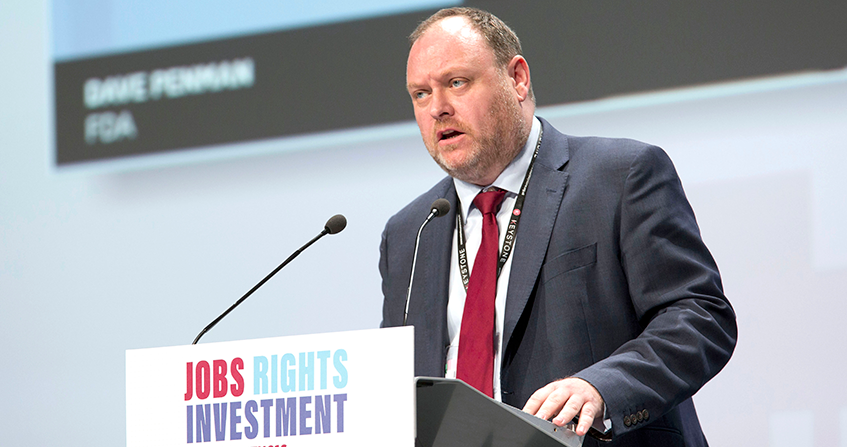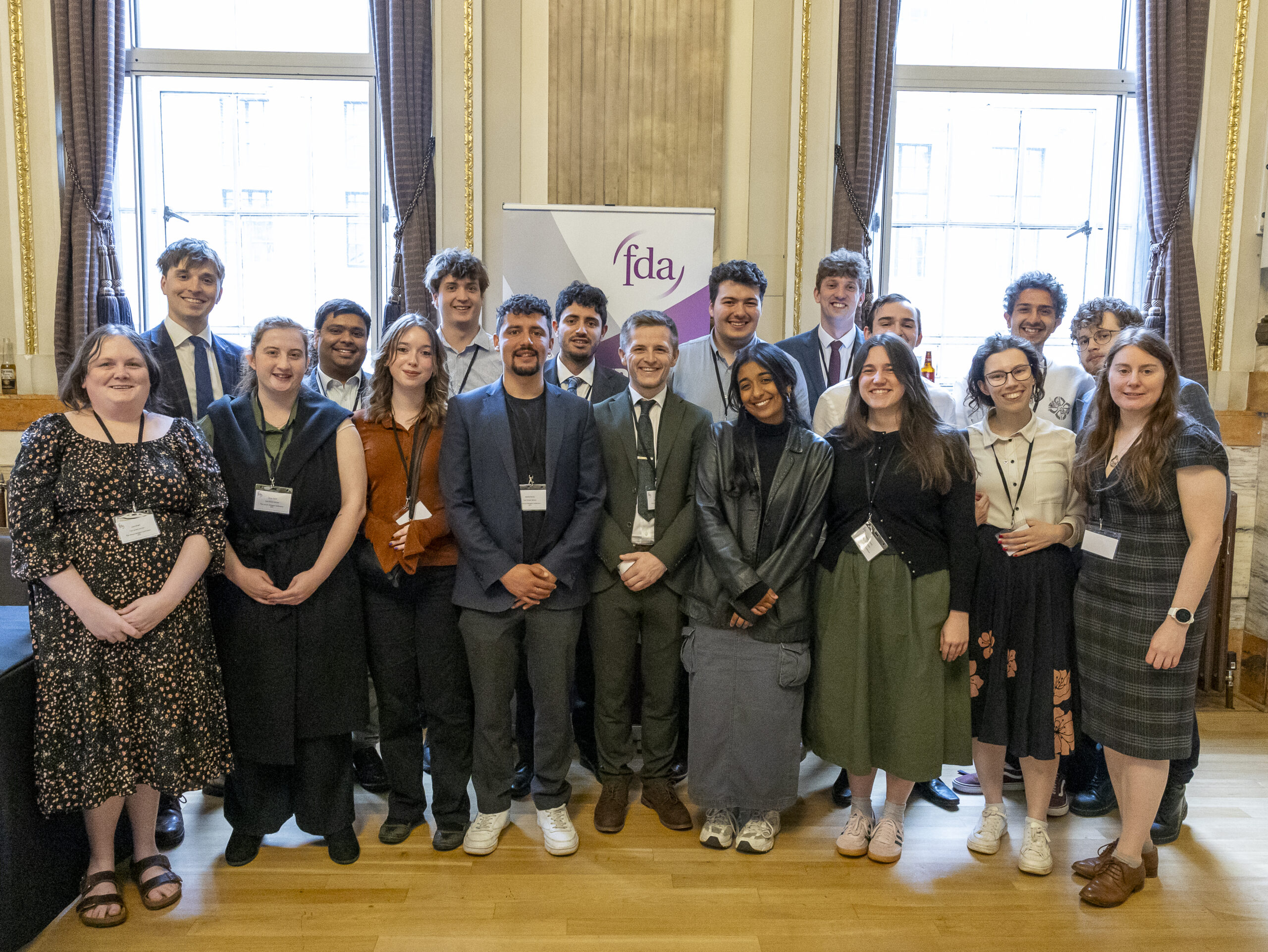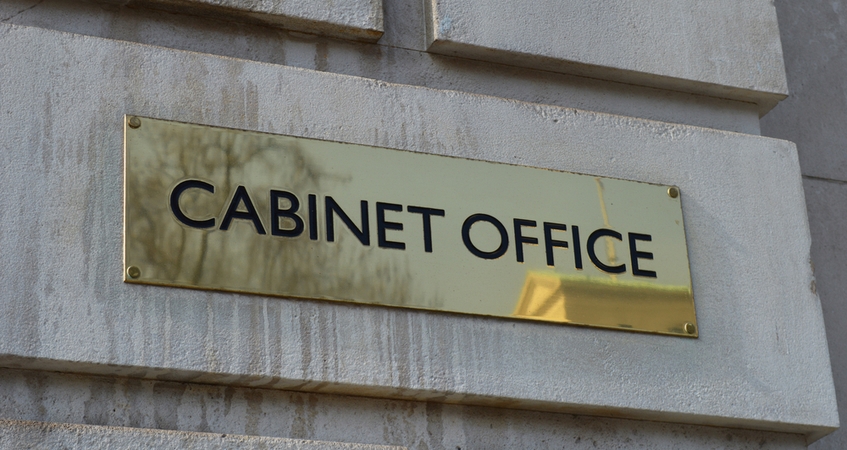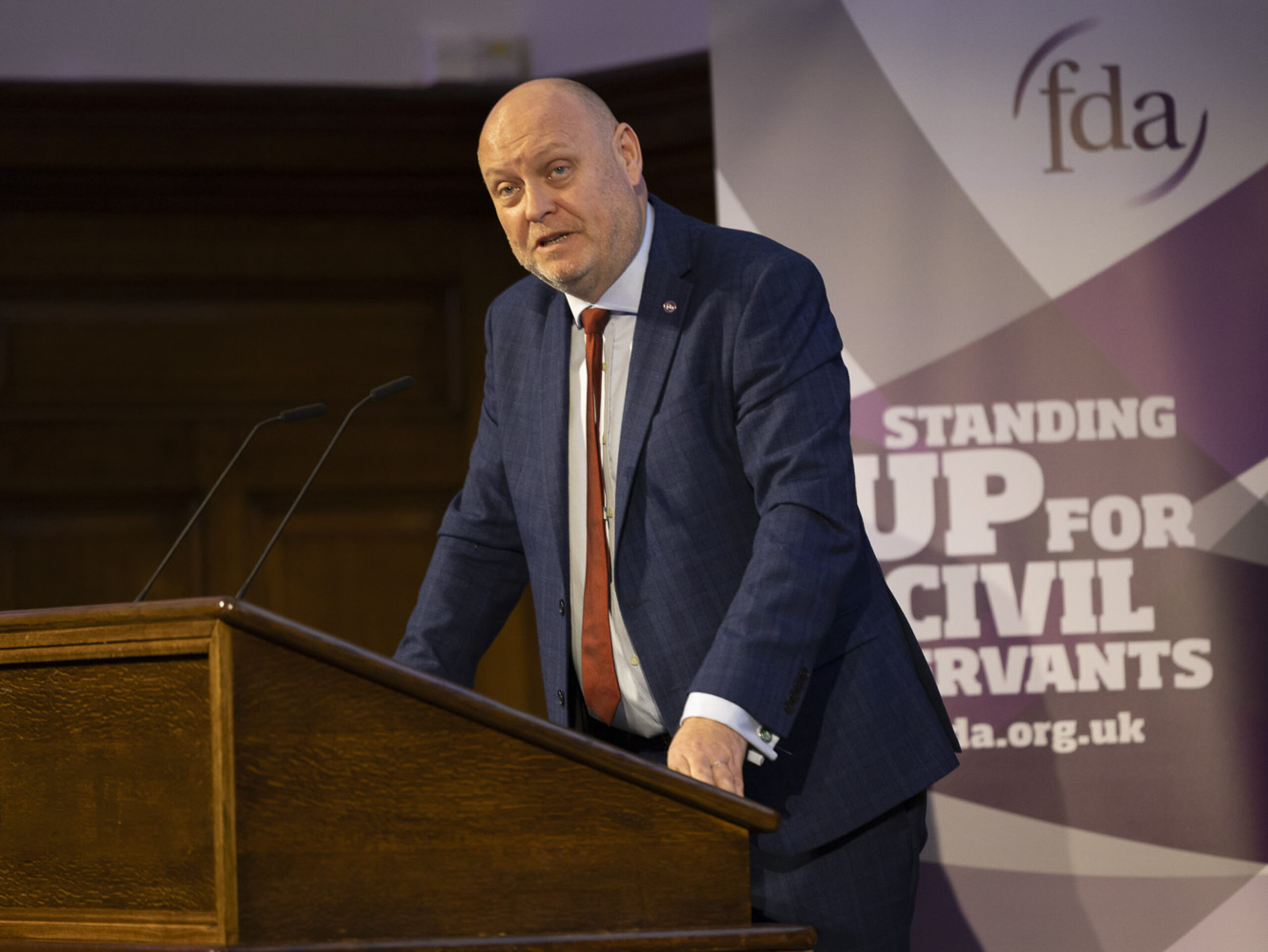FDA negotiations around the Civil Service Compensation Scheme

It’s now nine months since the Government first published its proposals to make significant changes to the public sector redundancy arrangements.
At that time, few thought that a deal was possible. The Government’s initial proposals meant most civil servants facing redundancy would have received a maximum of 12 months’ pay, early payment of pension would have been eliminated and the Protocols for avoiding redundancy, which have served to regulate how the civil service manages workforce reduction, all but torn up.
Now that the ballot is over I wanted to explain firstly how we approached these negotiations and secondly, how a settlement was ultimately reached.
From the outset, we have made clear that these proposals were neither necessary nor justified, coming as they did just six years after we last concluded a deal with the Government.
Our first approach was to test the Government’s resolve and explore whether we could persuade it to think again. In this case, it was clear that the approach carried significant political weight behind it as part of a public sector-wide approach to cutting redundancy terms. This formed part of a series of policies, including the introduction of the £95k cap on exit payments. It’s the worst kind of ‘dog whistle’ politics, lazily painting public servants as “fat cats”.
However unjustified or objectionable we found the Government’s approach, our job is to influence the outcome on behalf of you, our members. So, we had to develop a strategy based on many issues, including any weaknesses in the Government’s position, its appetite for agreement, the prospect of a successful legal challenge and of course, members’ views. These were considered early in the process by our negotiators and Executive Committee to help determine our approach to the negotiations.
A negotiation only works if an agreement is both possible and valuable. That was far from clear when the Cabinet Office first published its proposals in February. Regardless of the history and sense of betrayal, the proposals were a long way from anything close to acceptable. At that stage, the outcome of the public consultation on the proposals looked to be thousands of responses disagreeing with the Government, only for it to plough ahead regardless.
So we worked hard at convincing officials – and two separate Ministers – that not only was a deal possible, it was preferable. Ultimately, that’s what unlocks movement in negotiations. If an employer is convinced that a deal isn’t possible, why should it make any concessions? We sought to avoid that at all costs.
Once convinced of the preference of a deal, our job was to move Ministers and officials as far as possible through evidence, argument, persuasion, dogmatic research, pedantry and the occasional threat.
We got some movement by June when an interim offer was made, which required agreement in principle to unlock further negotiation. The FDA, together with Prospect, GMB, Unison and the Defence Police Federation, agreed to further talks and we started the whole negotiating process again. We had to ensure that the promise of further movement for an agreement in principle became reality in the final offer. This time however, the process was interrupted by political turmoil post-referendum and a new Minister who needed updating and persuading on the final deal.
So was it worth it? The deal not only sees the maximum award increase to 18 months from the original 12, but early payment of pension is protected and improved through a flexibility to maximise the value of payment up to the £95k cap. In addition, we’ve retained the Protocol for avoiding redundancy, which now also covers the SCS for the first time.
Deals like this are never easy. Regardless of how proud I am of our negotiating team and what I know we’ve achieved, ultimately members face the prospect of another cut to their terms and conditions. And so, despite the understandable anger at being picked on again, members also understood that a deal was preferable.
And that’s important, not just in relation to these changes, but for the next negotiation and the one after that. Employers, or in this case the Government, need to value reaching an agreement; that’s what gives us influence. As a union, we have repeatedly shown that we are unafraid to challenge employers, but also unafraid to reach agreement. Our approach is determined by what delivers the best outcome for members, nothing else: strong, pragmatic and honest.
Dave Penman is the FDA’s General Secretary
Related News
-

FDA secures 6.41% pay increase for Fast Streamers
The FDA’s Fast Stream members have voted to accept a pay award for 2025-26 with a 6.41% increase for second year salaries. The deal has been agreed under the Cabinet Office’s annual pay remit guidance process for the first time.
-

Civil service pay award demonstrates government has “failed to grasp the nettle of fundamental reform”
The government has published its Civil Service Pay Remit Guidance alongside a Written Ministerial Statement confirming the government’s decision to accept the recommendations of the SSRB.
-

ADC 2025: Penman says civil servants are “hungry for reform”
At the union’s Annual Delegate Conference delegates heard from guest speakers FDA General Secretary Dave Penman, journalist Lewis Goodall, and Cabinet Office minister Georgia Gould.